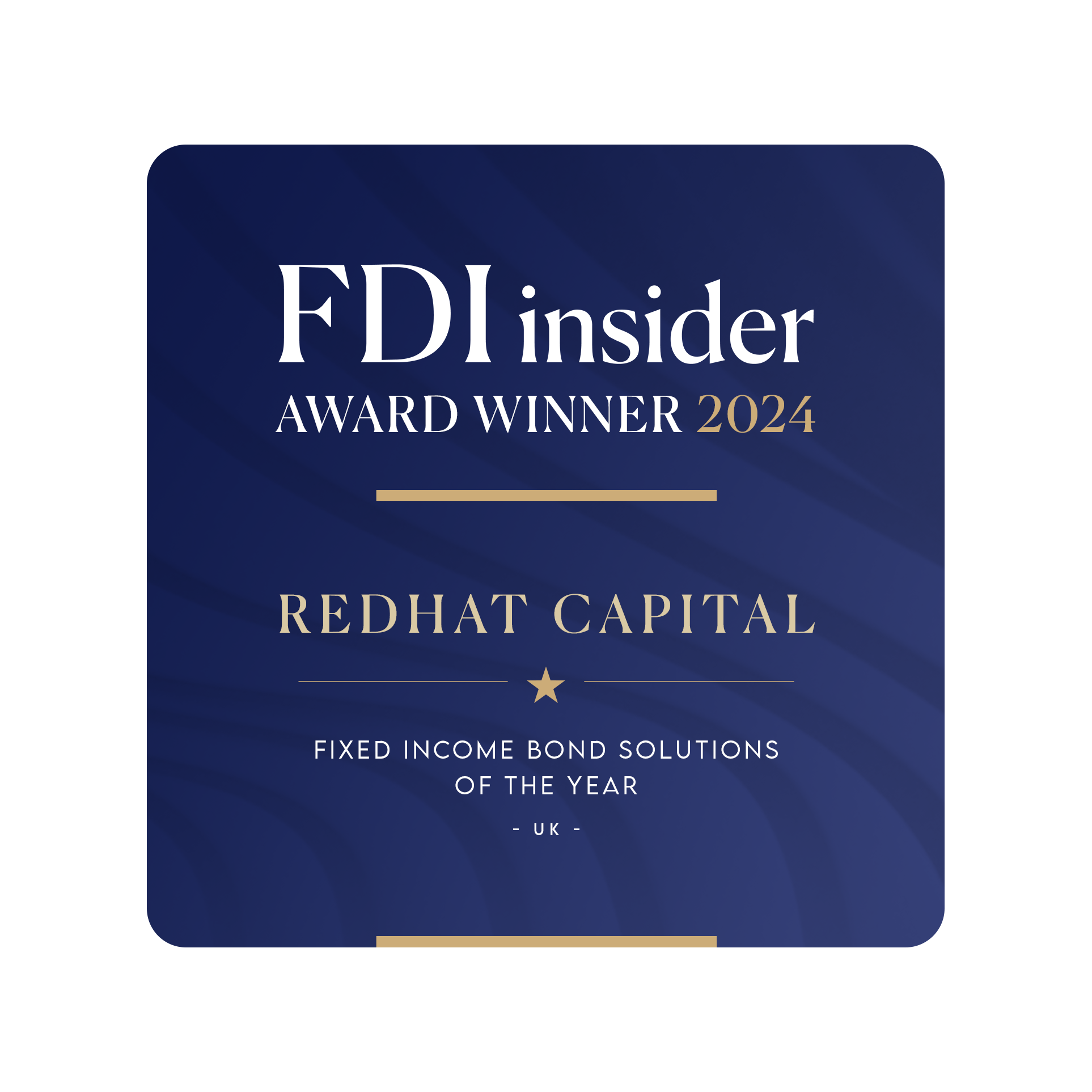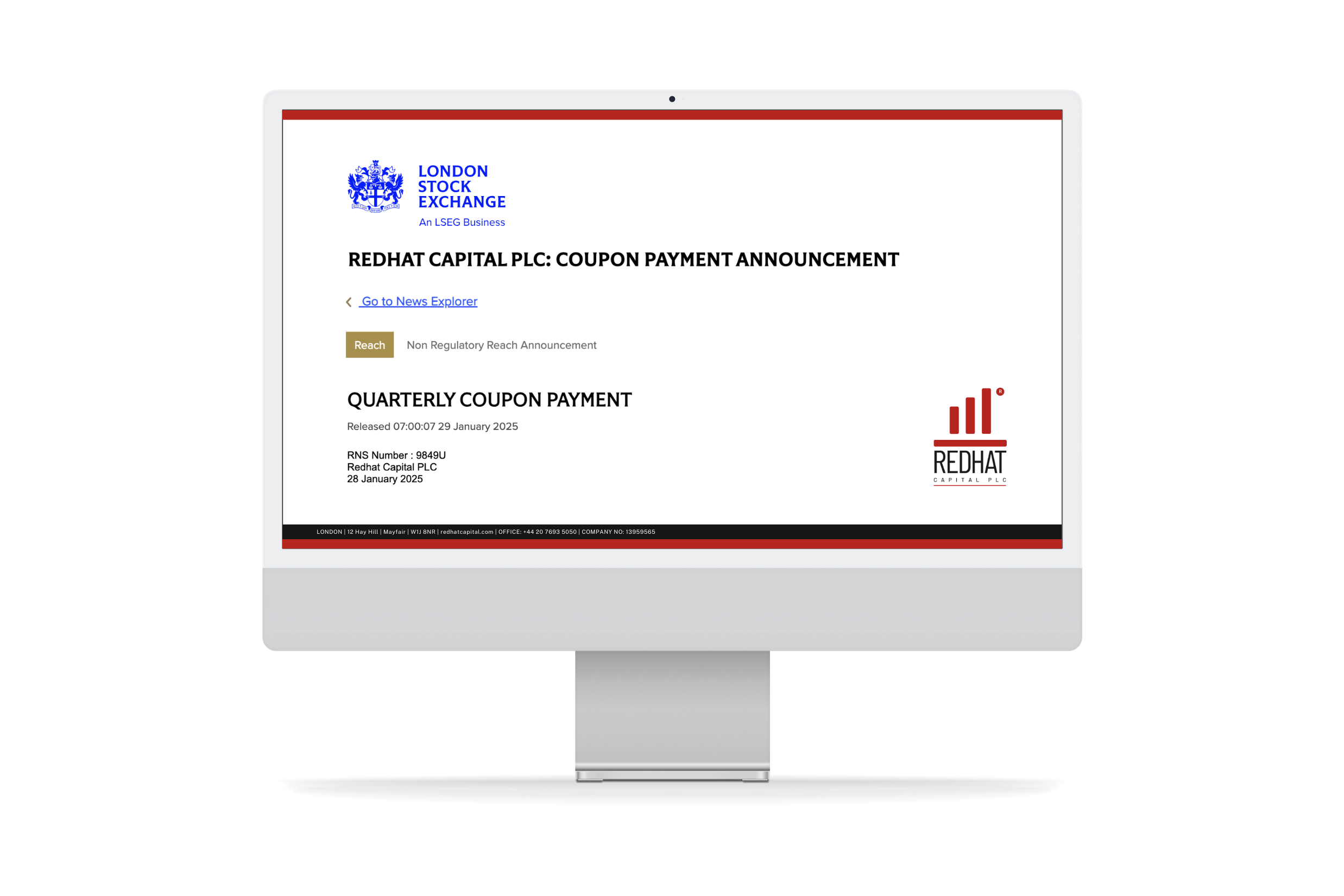FIXED RATE BONDS | PART ONE
(Languages: | EN | ESPANOL)
This article is the first part of a blog series dedicated to fixed rate bonds. As a starting point, it is important to bear in mind not all bonds are the same. There are many variants in the market available to investors. Some include a fixed interest rate – and these are the type of bonds this series will mostly focus on – whereas others have a variable interest bearing status.
In this piece, we analyse various factors that might help you understand the fundamentals of fixed rate bonds. These include:
- Income: Fixed rate bonds offer an income for the duration of the bond. This can be a valuable option for people who are looking for a stable and predictable source of income – often over a duration of two to three years, sometimes longer.
- Higher interest rates: Fixed rate bonds can also offer higher interest rates (high yield) than other types of investment products, as these products are usually considered to be a lower-risk investment.
- Liquidity: Fixed rate bonds are relatively liquid, meaning that you can sell them if you need to access your money in an emergency.
These features can make fixed rate bonds reasonably attractive investments. Having said that, other elements come in play.
For instance, although fixed rate bonds benefit from high interest rates, it still remains possible that they may offer lower returns compared to other investment products, such as stocks or shares. Having said that, this should not be viewed as a rule of thumb. Indeed, as previously mentioned, there are various type of bonds, some of which include variable interest bearing. This an important aspect to take into consideration.

FIXED RATE BONDS – THE INVESTORS
Investors should think about their goals when looking at the various options available to diversify their portfolio. Crucially, fixed rate bonds can offer yields which produce annualised income of between upper single digit and sometimes into double digit returns with coupons paid quarterly or annually. Yields will be the focus of another blog in this series.
Thus, when looking into fixed rate bonds, you should ask yourself the following: What are you hoping to achieve by investing in these bonds? Are you looking for a safe place to park your money for the short term, or are you looking for a longer-term investment that will provide you with a steady stream of income?
Another potential issue to consider is the possibility of a lock-in period, as some bonds will carry early redemption charges. Once you invest in a fixed rate bond, there is a possibility that you may be locked in for the duration of the bond. This means that you cannot access your money until the bond matures – the period involved usually varies from two to five years, depending on the bond.
This relates to a broader issue, that of your time horizon: How long do you plan to invest in fixed rate bonds? If you need access to your money in the short term, these bonds may be redeemed early, at the cost of a small penalty applied for early redemption. As a result, fixed rate bonds may not be the best option for you in this scenario.
Finally, it is important to reflect on your risk tolerance. How much risk are you comfortable taking with your investments? There is always some risk involved in any investment, whether it is stocks or bonds, as well as high yield bonds. The value of your investment could fall if interest rates rise or the issuer of the bond defaults.
Once you have considered all these factors, you can decide whether or not fixed rate bonds are a good fit for your investment needs. Overall, fixed rate bonds can be a good option for people who are looking for a predictable source of income. However, it’s important to weigh the risks and rewards before investing.
COMING SOON
Part two of our series will focus on fixed rate bonds in a volatile or stagnant market environment. And part three will look at Yields from fixed rate bonds.
DISCLAIMER. The content of this promotion has not been approved by an authorised person within the meaning of the Financial Services and Markets Act 2000. Reliance on this promotion for the purpose of engaging in any investment activity may expose an individual to a significant risk of losing all of the assets invested.







